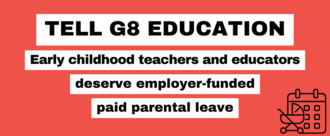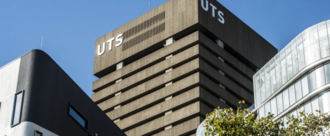- Featured
- Asylum Seekers and Migrants
- Climate and Environmental Justice
- Disability Justice
- Economic Justice
- Education
- First Nations Justice
- Health and Medicare
- International Solidarity
- LGBTIQA+ Rights
- Media and Arts
- Occupational Health and Safety
- Public Services
- Public Transport
- Racial Justice
- Social Justice
- Women's Rights
- Workers' Rights
- More
-
Don't Destroy the Monash Sustainable Development InstituteWe work to understand, influence and transform systems to achieve sustainable development in Australia and our region. We do this by collaborating with government, industry, academic and civil society partners, and establish transdisciplinary teams to identify pathways and innovative solutions to help the world achieve the 2030 Agenda for Sustainable Development. Our partnership approach has seen us win awards for our impact focus. MSDI aims to achieve sustainable development in Australia and our region by understanding, influencing and transforming the systems that are embedded in our society.4 of 100 SignaturesCreated by National Tertiary Education Union
-
Petition to ANU CouncilIn support of our petition, we observe that: • ANU Council has the entire control and management of the University and is required to act in all matters concerning the ANU in the way it thinks will best promote the interests of the ANU; • Staff, students and members of the community have reasonable and genuinely held concerns about the direction of our national university. Many of these concerns relate to the delivery of Renew ANU, which has been destructive and harmful to staff, students and the capacity of the University to perform its functions; and • A range of issues relating to transparency, accountability, governance and leadership at the ANU have been widely reported, and have not been adequately addressed. These are a source of ongoing damage to the reputation and standing of our national university, which is now subject to an unprecedented investigation by TEQSA. For these reasons we conclude it is reasonable, necessary and in the best interests of the ANU for ANU Council to fulfil its duties by immediately adopting the course of action proposed by this petition.2,060 of 3,000 SignaturesCreated by NTEU ANU Branch
-
Open Letter to Reverse Curtin's Unfair Changes to Psychology ExamsThis issue matters because it strikes at the core of fairness, trust, and academic integrity at Curtin. Students enrolled this semester on the reasonable expectation, set out in their Unit Outlines, that the advertised assessment formats would apply. Changing the format mid-semester, especially from a flexible take-home model to a rigid closed-book, invigilated system, not only disrupts carefully planned study and work routines but also imposes new financial, logistical, and emotional burdens. It erodes confidence in Curtin’s commitment to transparency and student partnership, and sets a dangerous precedent where major academic changes can be imposed without proper notice or consultation. For the wellbeing and success of students, and the credibility of Curtin’s processes, this decision must be reversed.1,243 of 2,000 SignaturesCreated by Curtin Student Guild
-
Keep Bulldogs Community Children’s Centre Not-for-ProfitBackground The Western Bulldogs AFL Club (yep, the club) put forward a resolution at the 17 June Maribyrnong Council meeting requesting that the Council remove the requirement for the early learning provider to be a not-for-profit organisation, and to extend lease period to 10 years (up from 5). In a nutshell, council voted in support of this, with a 28 day consultation period. This means that a commercial for-profit provider could soon be running this centre - for a whole decade - before we can have a say in changing it. What’s the issue? • The current provider now needs to compete against for-profit companies to manage the centre, which may prioritise profit over the best interests of our community, children, and education staff. • This new lease agreement will effectively remove a council owned asset from community control and place it in the hands of two corporations. • Long term impacts on accessibility for children in the surrounding neighbourhood to long daycare and Kindergarten as the waitlists will no longer be managed through council, which has criteria to protect inclusivity and access. • Disruption to continuity of care for the children at the centre, who have established deep relationships with the experienced educators at Bulldogs CCC. A change in provider is likely to displace employment for existing staff. Why should people care? Bulldogs Community Children’s Centre is more than just a childcare service—it is a valued part of our community. It is a community asset that should remain in the ownership of the community. Western Bulldogs need to reinforce their commitment to Footscray and not put profits over local families.923 of 1,000 SignaturesCreated by Jessica Shan
-
Fair Bargaining Rights for Victorian Catholic Education Workers!Our colleagues across Australia have secured vital improvements to pay and conditions because they have access to the industrial rights that our employers want to deny us. The VCEA is seeking a ‘cooperative’ multi-employer bargaining process, but we’ve seen what that really means: dysfunction and massive delays, a process stacked against us, and deeply unfair constraints on our ability to effectively campaign for a fair and timely outcome. When we last took large-scale industrial action (mirroring protected action taken by government school staff), Catholic employers sought injunctions against our union and individual members were intimidated with the the threat of fines. If we commence bargaining under their so-called ‘cooperative’ model, employers could use this to attempt to prevent us from successfully applying for a Single Interest Authorisation for many months, locking us out of our fundamental industrial rights during the most important stages of bargaining. Employers could apply for that Authorisation now, allowing good faith bargaining to commence this year without denying basic rights to over 30,000 hard-working staff. The VCEA’s refusal to do so isn’t just unfair, it contradicts core Catholic values of dignity, justice, and the right to take industrial action when needed. We must stand up for fair bargaining! Read more here5,898 of 6,000 Signatures
-
Respect kindergarten teachers and educators!The Premier cannot say Victoria is the ‘education state’ and promise parents fee-free 3 and 4-year-old kindergarten without the workforce to deliver it – and that can’t happen without investing in decent wages and working conditions. Delivering for teachers and educators who work in Victoria’s kindergartens means delivering for the children they educate. Everyone knows that for children to succeed at school they require access to high-quality kinder delivered by teachers and educators that are supported, respected and valued. Children benefit the most when their early childhood teachers and educators are well supported, paid a decent wage, and want a long term career in early childhood education. Supporting the teachers and educators who work in Victoria’s kindergartens will benefit children, who will be ready to start school; and parents, who will know their child is getting the best start to their education. - Tracey Webb, Early Childhood Educator and AEU Member10,181 of 15,000 Signatures
-
Protect Freedom of Expression at UTS: Stop the Changes to the Campus PolicyWe reject the assumption that indoor protests are inherently unsafe. Staff and students have a long-standing record of cooperating with UTS to manage risks at protests, including ensuring access to buildings and emergency exits. A blanket ban is not a safety measure - it is an attempt to suppress dissent. Universities are meant to be places of free inquiry, challenge, and robust debate. Political protest has always been part of that tradition. UTS has legal and ethical responsibilities to protect freedom of political expression under: • The Higher Education Support Amendment (Freedom of Speech) Bill 2020 • The Enterprise Agreement between UTS staff and management • Implied rights of political communication under the Australian Constitution The current protest policy already allows UTS Security to manage risks appropriately. Clause 4.57, for example, enables the university to identify suitable spaces for demonstrations and implement safety plans. This balanced approach works. Replacing it with a prohibitive, one-size-fits-all ban threatens the ability of students and staff to protest openly and safely, and opens the door to arbitrary and punitive responses to any political expression inside university buildings. Students and staff will continue to protest when injustice occurs. But driving protest underground, or creating vague restrictions, makes it more dangerous for everyone. Cooperation is the safer approach. We stand for a UTS where safety and freedom of expression can coexist. We urge the university to work with, not against, the campus community to uphold these principles.153 of 200 SignaturesCreated by President, UTS Students' Association
-
Save SA Public Sector PsychologyPublic psychologists provide specialist assessment and treatment to people across the lifespan. We are essential for: 1. learning assessments, determining special school placements, behavioural consultancy, and mental health support in schools 2. developmental and autism diagnostic assessments in hospitals 3. mental health assessment and treatment for children, adolescents, adults, and older persons in hospital and the community 4. psychological and neuropsychological assessment and treatment in hospitals and community settings, for physical health and rehabilitation. 5. child protection and forensic assessments for children and young people where there is suspected abuse and/or neglect 6. forensic assessments in juvenile justice and adult corrections 7. psychological support for perinatal, infant, and child and youth community health Imagine not having psychologists in the SA public sector to meet these critical needs! South Australians don't deserve to miss out on specialist care. Instead, they are being forced to go without or to access psychological assessment or treatment from the private sector which we know is unaffordable for many. Without our vital psychological services in the public sector, there will be even more pressure on the health, education, and child protection systems, and it places vulnerable children, adults, and families at further risk. There will be more children on wait lists for diagnostic assessments while missing out on important early intervention, and vulnerable adults will not have the care at the time they need it and fall into acute mental health crisis. SA cannot afford to increase ramping pressure or allow our children to fall behind. SA psychologists feel privileged and honoured to serve the public; but now we ask for your assistance and support to keep our workforce strong and thriving so that we can continue to help you in the future. Join the campaign. Sign the petition and let the SA Government know that you want them to respect psychologists and save public psychology.4,066 of 5,000 SignaturesCreated by South Australian Psychologists Association
-
Oppose La Trobe's Student CouncilThe university is undergoing a restructure, including significant cuts, that is opposed by the LTSU and is introducing another student body to weaken the union’s ability to oppose this. Elected representatives from “another student organisation” within the last two years are ineligible for a position on the new Student Council, preventing those who have already been elected by the student body to the LTSU or LTSA from running. Additionally, the Election Regulations allow the university to “remove candidates from the election process at any time at their own discretion”. The regulations also allow the university to “share information about individual candidates on the University website and/or social media”, purportedly to promote the election. Both of these policies could allow the university to influence the results of the election and have an influence in how the Student Council runs. We, the undersigned, call on the university to cancel the formation of the Student Council as an attack on the LTSU and independent student organisation.355 of 400 SignaturesCreated by La Trobe Student Union

-
Demand employer-funded paid parental leave at G8 EducationHere are the facts: • 91% of the early childhood workforce is female. • G8 Education is one of the largest ASX-listed companies that doesn't offer employer-funded paid parental leave for their employees. • In the 2024 Global Gender Gap Report, Australian women are ranked 42nd in the world for economic participation and opportunity (down from 38 in 2023). • In Australia, a third of the gender pay gap is due to the time women spend in unpaid care work. • G8's current gender pay gap is 20.1% (of the average total remuneration according to WGEA's latest data) • By not offering employer-funded paid parental leave, G8 Education is helping to grow the gender pay gap. It is perpetuating the 'motherhood penalty' which sees the average 25-year-old woman make $2 million less in lifetime earnings than the average 25-year-old man who also becomes a parent. • Degree-qualified early childhood teachers are leaving the sector to work in schools with better pay and conditions, including employer-funded paid parental leave. If this continues, the quality of early learning in Australia will suffer as we lose dedicated and highly skilled teachers. Teachers, educators and young children deserve better. It’s time for G8 Education to step up and show they value the essential work that their teachers and educators perform. Please sign and share this petition today. * This petition supports Sustainable Investment Exchange’s campaign to pressure G8 to fund paid parental leave for staff. Learn more about the activist shareholder’s campaign here.232 of 300 SignaturesCreated by IEUA NSW/ACT Branch

-
Protect our Education from UTS Budget Cuts: Open Letter to UTSThe cuts at UTS have the potential to devastate students, staff, and education quality, and marginalised students will be hit hardest. Join us to demand transparency, protect courses, and ensure UTS puts students and staff before the bottom line.266 of 300 SignaturesCreated by President, UTS Students' Association
-
ANU ZERO: Demand Zero Investment in Fossil FuelsThe ANU’s Socially Responsible Investments Policy, adopted after years of persistent student pressure, remains in shambles. The policy prohibits investment in companies that make 20% or more of their revenue from coal, but it says nothing about oil or gas. The policy prohibits investment in companies that make civilian weapons like handguns, but not companies which make military weapons which are many times more destructive. Recently, we found that the ANU was investing over $35 million in projects that break their own emissions rules. Also, ANU’s most recent documents show a $32.7 million investment in BHP, one of Australia’s biggest producers of thermal and metallurgical coal. They also show a $6.7 million dollar investment in Australia’s biggest oil and gas producer, Woodside Energy. We say all of those numbers should be ZERO. We need to sign this petition to signify to the university bosses that we're still not satisfied with their investment decisions.67 of 100 SignaturesCreated by ANUSA Environment Collective

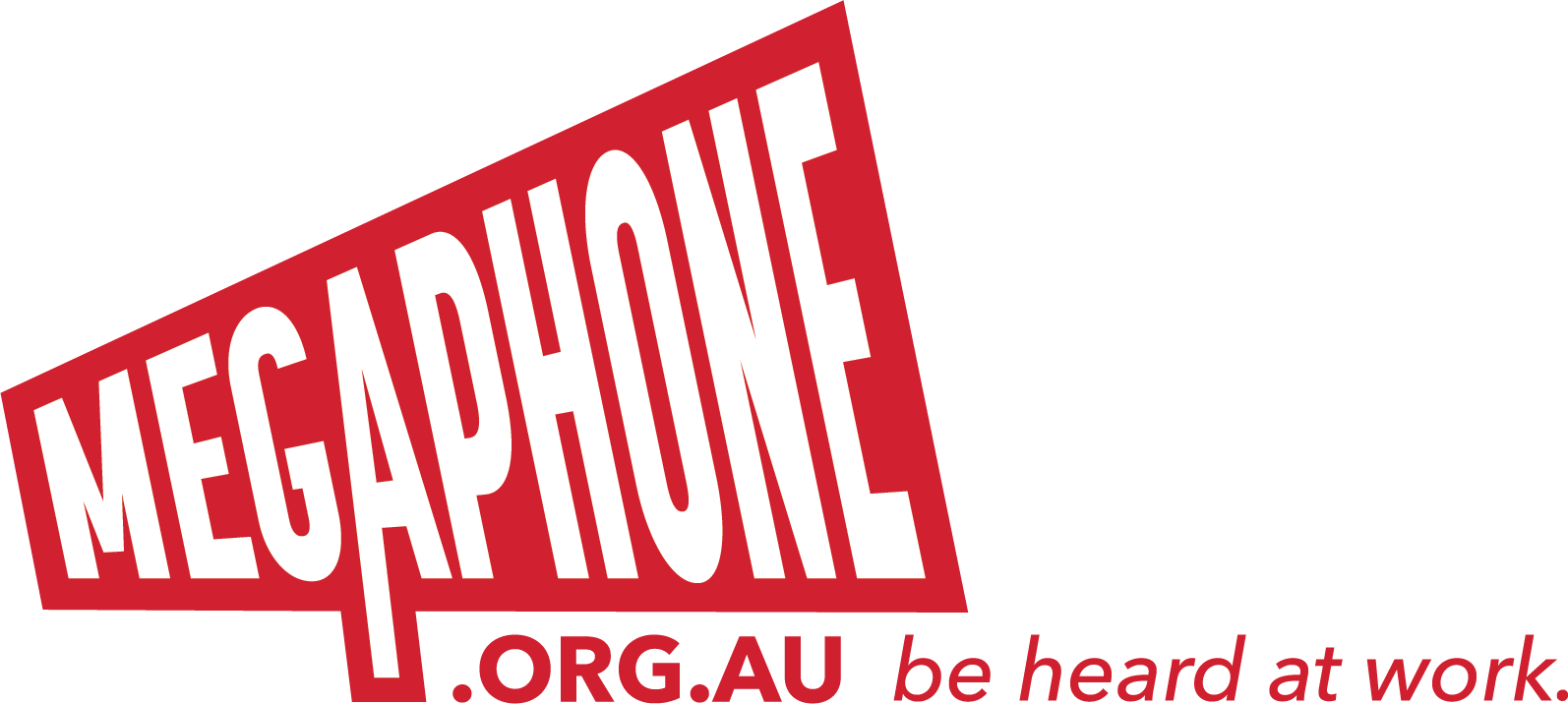

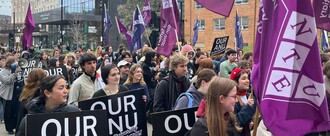
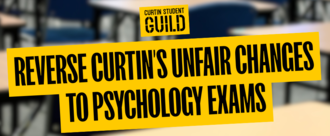

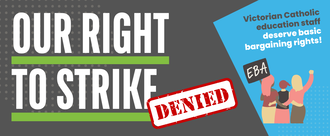.png)
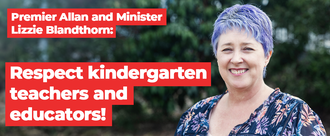
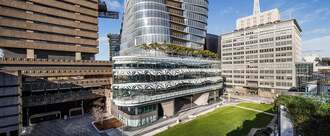

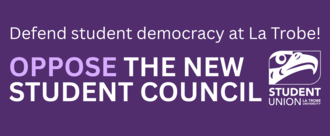.png)
